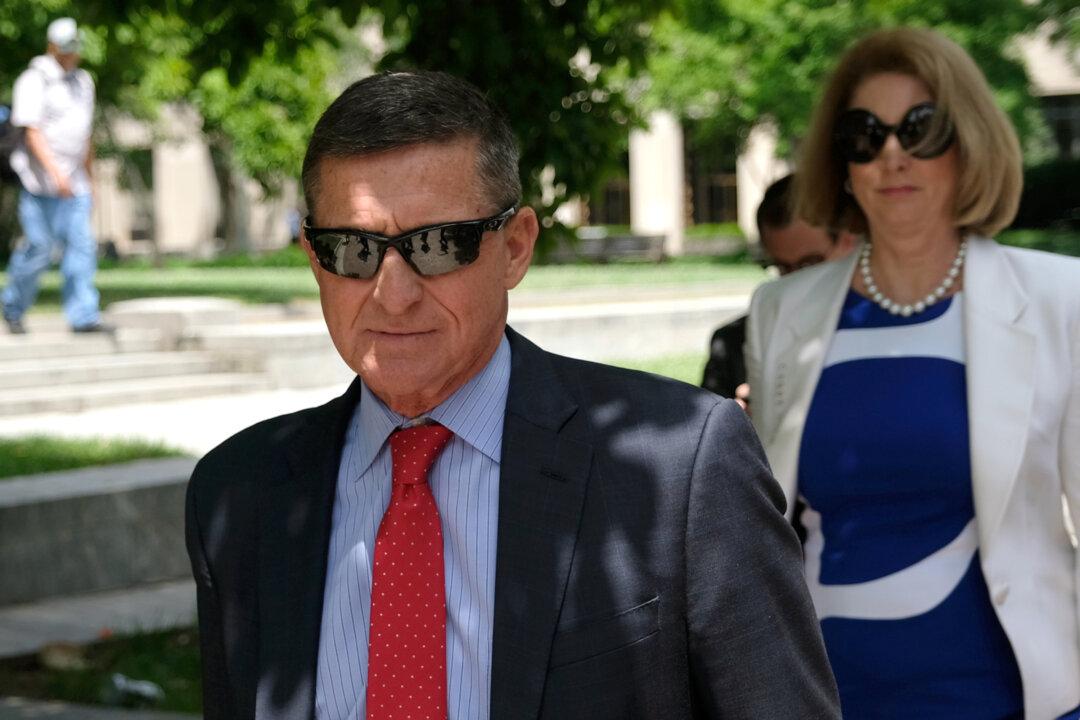Acting Director of National Intelligence Richard Grenell has declassified a list of former Obama administration officials who allegedly were involved in the “unmasking” of Lt. Gen. Michael Flynn in his communications with the former Russian ambassador during President Donald Trump’s transition period, the Office of the Director of National Intelligence (ODNI) confirmed to The Epoch Times.
The revelation was first reported by ABC News, which cited an unnamed senior U.S. official who said Grenell had brought the list to the Justice Department (DOJ) last week. Another unnamed source familiar with the intelligence told Fox News that the move to declassify the list is part of a larger plan to declassify several pieces of intelligence information in stages.




